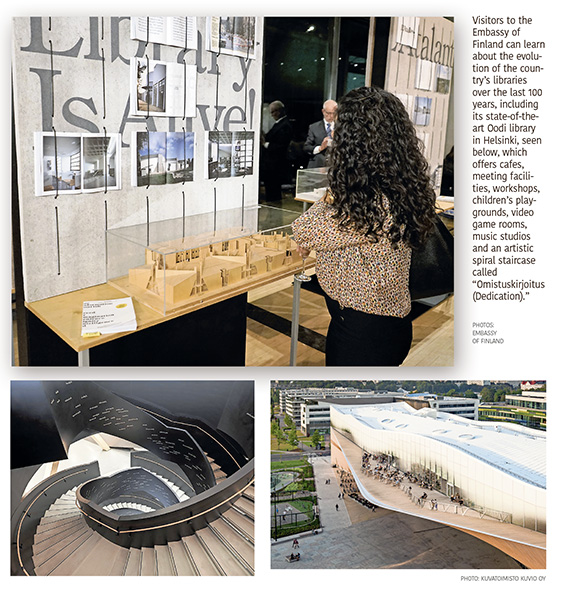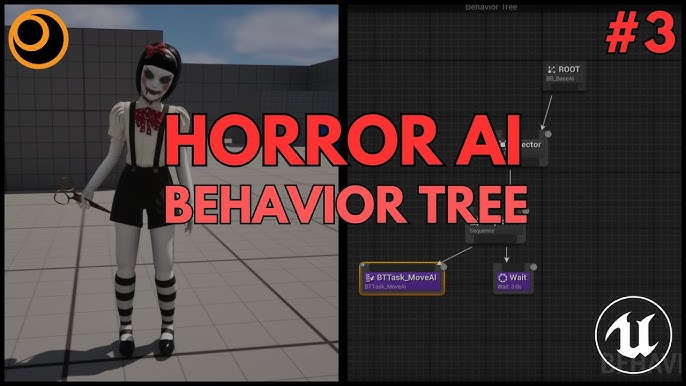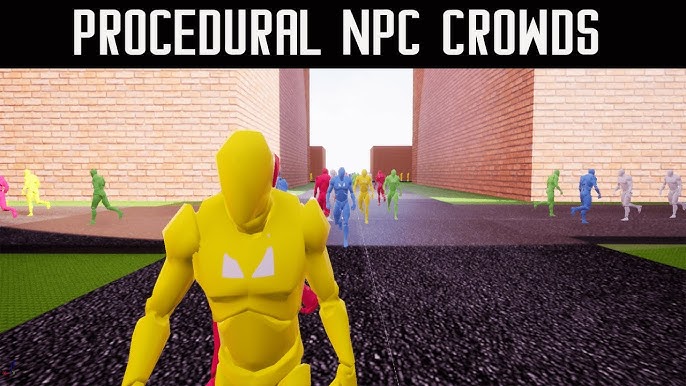Leveling Up Ethics: A PC Gamer's Look at Labor in the Game Industry As a seasoned PC gamer, I’ve witnessed firsthand the evolution of our beloved medium.

As a seasoned PC gamer, I’ve witnessed firsthand the evolution of our beloved medium. From pixelated sprites to photorealistic landscapes, the technological leaps have been staggering. But beneath the surface of dazzling graphics and immersive gameplay lies a complex web of labor practices, some of which are… less than stellar. Today, we're diving deep into the ethical considerations of PC game development, focusing on Remedy Entertainment, the brilliant minds behind Alan Wake 2 and Control, and comparing their approach to others in the industry. It’s time to ask ourselves: are we, as players, supporting sustainable and ethical creation?
Remedy: A Finnish Approach to Game Dev
Remedy Entertainment, based in Finland, operates within a distinct labor environment. Unlike the American model, which often sees unionization as the primary means of protecting worker rights, Finland relies on a system of collective bargaining and strong labor laws. This model emphasizes negotiation between employers and employee representatives to establish fair working conditions, wages, and benefits.
But does this system completely eliminate the potential for issues like excessive overtime? Let’s look at some publicly available data.
Overtime Observations: Glassdoor's Glimpse (2018-2023)
While avoiding the loaded term "crunch," a review of Glassdoor reviews from 2018 to 2023 reveals recurring mentions of consistent overtime at Remedy. While many reviewers praise the company culture and creative freedom, some note that longer hours are often expected, especially as deadlines approach. This raises a crucial question: how does the Finnish labor model address the reality of overtime in the demanding game development cycle? While the legal framework likely provides protections regarding compensation and time off, the pressure to deliver within ambitious timelines can still lead to extended work periods. It's important to note that overtime in Finland is often compensated or results in additional time off, a marked difference from some exploitative practices elsewhere.
Interview Hypothetical: A Developer's Perspective
Let's imagine we're talking to a developer:
- "Can you describe the typical work/life balance at your studio and how it impacts your creative process?"
- "What are your thoughts on the Finnish model of labor negotiation compared to traditional unionization efforts?"
- "How does the availability of DRM-free distribution options like GOG.com affect the way you perceive player support?"
- "What steps has your studio taken to address concerns about crunch and ensure the well-being of its employees?"
These questions are crucial for understanding the lived experience of developers and the effectiveness of different labor models.
GOG.com: An Ethical Alternative?
Beyond labor practices within studios, the way we purchase games can also be an ethical consideration. GOG.com, with its DRM-free approach, offers an alternative to platforms like Steam. DRM (Digital Rights Management) restricts how players can use the games they purchase, often hindering preservation efforts and limiting ownership. DRM-free games, on the other hand, can be archived, modded, and played without constant online authentication.
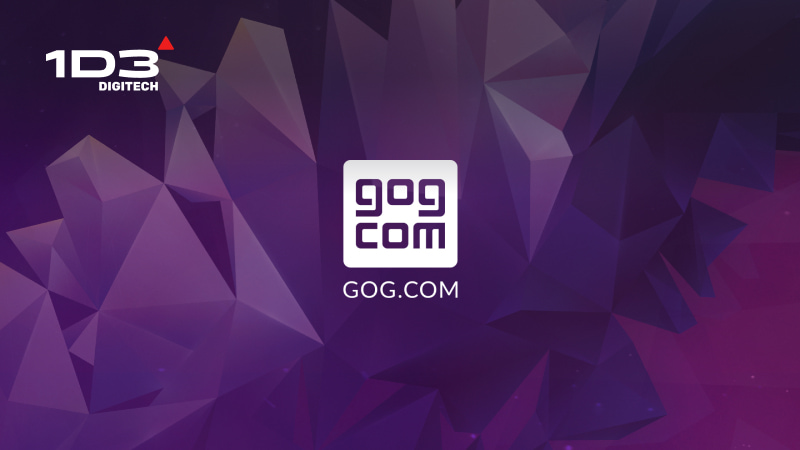
But does supporting DRM-free distribution truly benefit developers? Let's analyze the financial implications.
The Revenue Split: GOG vs. Steam
The standard revenue split on Steam sees Valve taking 30% of sales. While GOG.com's cut is often similar, they have been known to offer more favorable terms to indie developers, potentially increasing their revenue share. This extra revenue can be crucial for smaller studios, allowing them to invest in future projects and, ideally, improve working conditions.
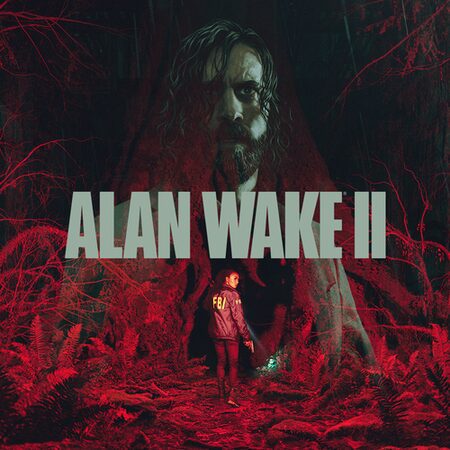
For consumers, DRM-free games offer greater ownership and preservation potential. We're not just renting access; we're buying a product we can keep and play indefinitely (as long as the hardware remains compatible, of course!). This is a powerful statement of support for developers who prioritize player freedom.
Quantic Dream: A Redemption Arc?
Let's shift gears and examine a studio with a less-than-stellar past: Quantic Dream. The studio, known for titles like Detroit: Become Human, faced serious allegations regarding its studio culture, including accusations of harassment and a toxic work environment.
However, since its acquisition by NetEase, reports suggest significant changes have been implemented. While concrete details are often scarce due to privacy concerns, official press releases and developer interviews indicate a focus on improving employee well-being and fostering a more inclusive environment. This includes implementing stricter HR policies, promoting diversity and inclusion initiatives, and addressing past grievances.

Hypothetical Interview: Quantic Dream and NetEase
Let's add another question to our hypothetical interview:
- "How has NetEase's acquisition of Quantic Dream changed the culture and work environment at the studio?"
The answer to this question, if honestly provided, could shed light on the effectiveness of new management and policies in transforming a problematic studio culture.
Ethical Consumption: A Gamer's Responsibility
So, what can we, as PC gamers, do? The answer is multifaceted:
- Do Your Research: Before buying a game, look into the studio's reputation. Are there reports of crunch or toxic work environments? While information can be limited, even a little digging can be enlightening.
- Support DRM-Free Distribution: Consider purchasing games on GOG.com when possible. This directly supports developers and publishers who prioritize player freedom and game preservation.
- Engage with Developers: Use social media and forums to ask developers about their labor practices. Constructive dialogue can encourage studios to prioritize employee well-being.
- Vote with Your Wallet: Ultimately, the games we buy send a message. By supporting studios with ethical labor practices, we incentivize others to follow suit.
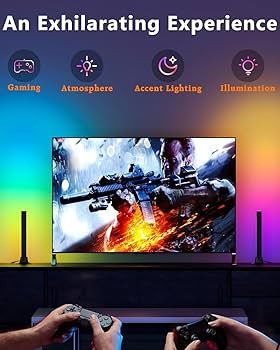
Conclusion: Building a Sustainable Future for Gaming
The PC game industry is a creative powerhouse, but its long-term health depends on sustainable and ethical labor practices. While the Finnish model employed by Remedy Entertainment offers a unique approach to worker rights, it's not a silver bullet. We, as gamers, have a role to play in fostering a more responsible and equitable industry. By making informed purchasing decisions, engaging in constructive dialogue, and supporting ethical distribution platforms, we can help build a future where creativity thrives without sacrificing the well-being of those who bring our favorite games to life. It's time to level up our ethics and demand better for the people who make the magic happen.
